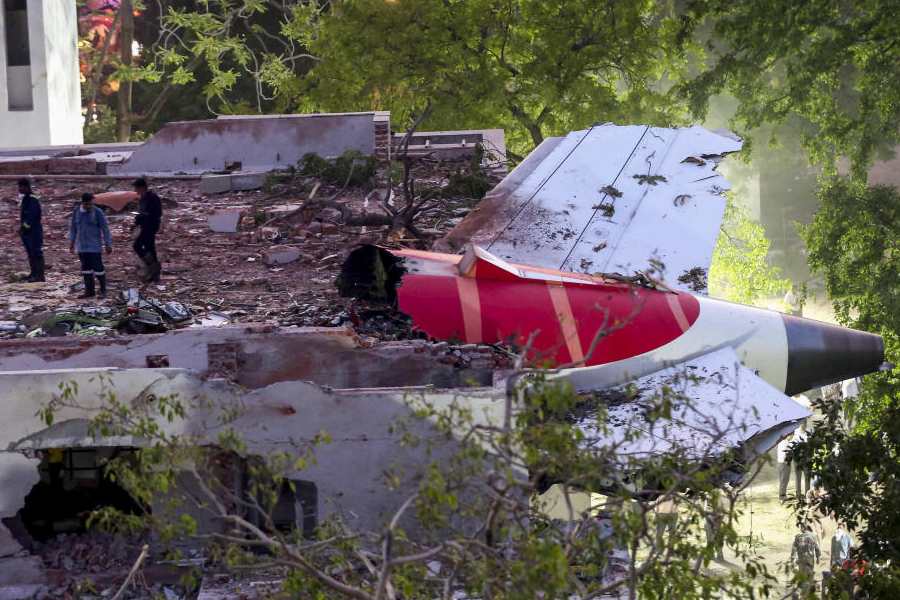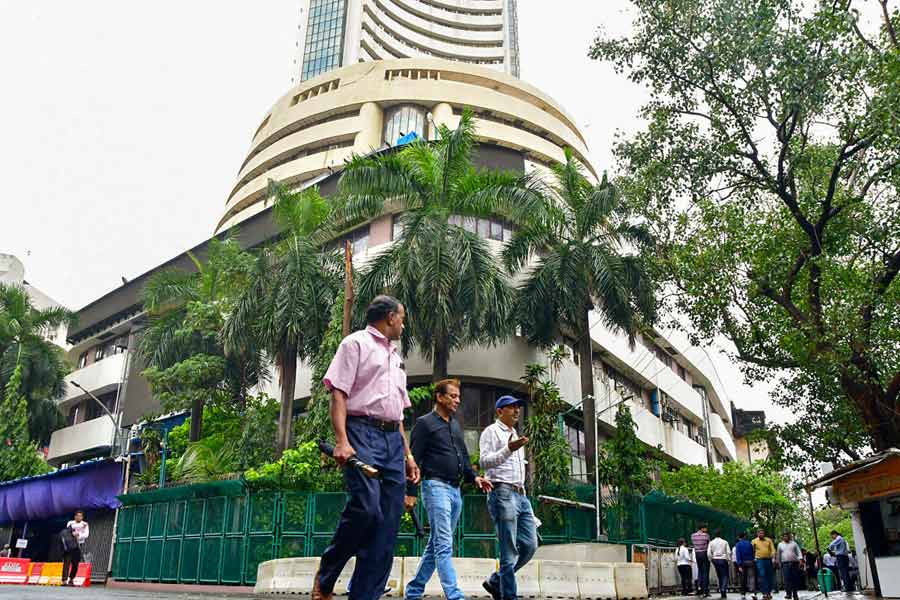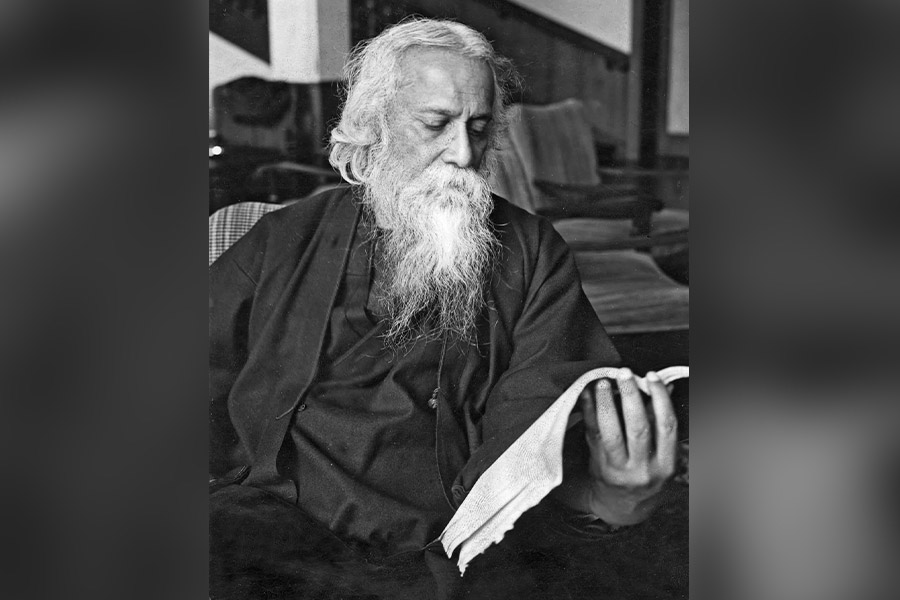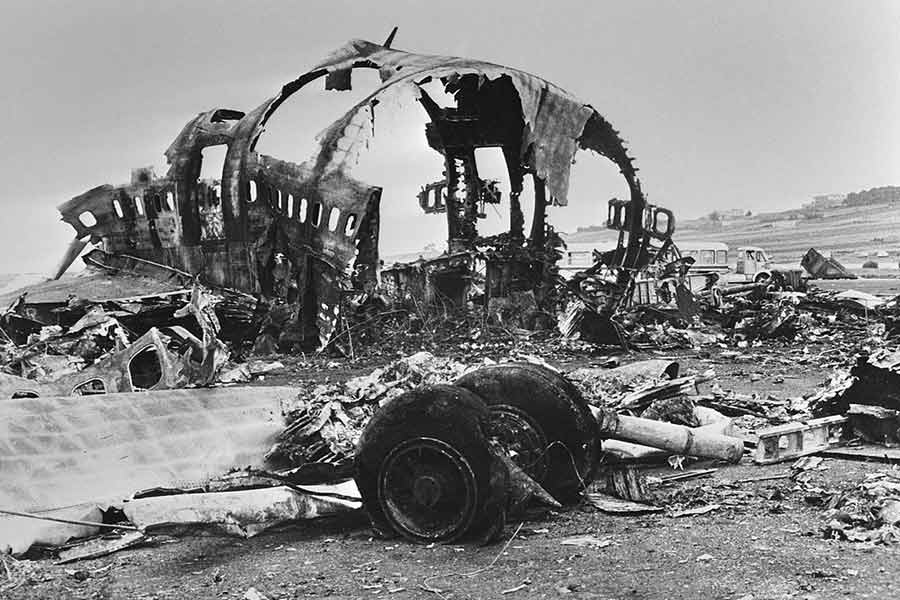 |
| FLOWER POWER |
Imphal, Aug. 27: They barter opium for food, the usual bargain being a kg of the narcotic for six bags of rice. But residents of Shehlon wouldn’t barter their health and peace of mind for anything, which explains why there is not a single addict in this nondescript village that churns out over 500 kg of the banned drug every year.
Located in Chandel district, along the Indo-Myanmar border in Manipur, Shehlon figures prominently on the drug route originating in Myanmar. Neglected by the government, villagers say they have taken to opium cultivation only to ensure two square meals a day.
“We do not know what the government looks like. We had tried to cultivate cash crops like ginger and coffee. Production was good, but we did not have the market. Selling goods in major markets of Manipur is out of the question. Where is the transport? The climate here is not suitable for the cultivation of rice. We do not have any other alternative but to grow poppy,” says Mang Haokip, a resident of the area.
Shehlon lies 30 km beyond the last security (Assam Rifles) post at Helozang, 200 km from Imphal. Neither the arm of the law nor the roads stretch beyond Helozang; only dust tracks do.
“We are in the back of beyond, left to our own device. We exchange a kg of opium for six bags of rice or at times sell it for anything between Rs 8,000 and Rs 20,000 to the Myanmarese. Growing poppy makes our life easier,” says village head Ngamkho Ngamkhomang.
The most striking aspect of the trade is the strict code of conduct. “If you are caught consuming opium, your entire family will be prevented from poppy cultivation. Hence, no one takes the drug in our village,” says Ngamkhomang.
Shehlon is not the only village taking advantage of the thriving market for narcotics along the international border. Several villages dotting the southeast fringes of Manipur have made it to the narcotics map of Southeast Asia.
“We have heard that opium production is growing in the border areas. But we have never been there. The terrain is difficult and you need a large contingent of security forces to reach these villages,” admits an officer of the enforcement directorate.
Drug cartels are known to have set up “heroin refineries” in the jungles just across the international border. Their main source of poppy husk is Manipur.
A recent report from the UN Office on Drug and Crime revealed that a substantial amount of pure heroin was being brought into Manipur through Moreh and routed to Kohima and beyond through National Highway 39.
But for the residents of Shehlon, the pink opium flowers are nothing more than symbols of a better life.











